Roots was presented in the Auckland Fringe Festival - check out our write up and video on stuff here or read on below!
Photo: Julie Zhu Photography
Singaporean play searches for roots in New Zealand for the first time
MANDY TE
A one-woman bilingual show will be exploring identity and heritage on stage.
Roots will be performed for the first time in New Zealand as part of the Auckland Fringe Festival and the Auckland Lantern Festival by Proudly Asian Theatre (PAT).
Formed in 2013 by Chye-Ling Huang and James Roque, PAT aims to support Asian New Zealanders who want to tell their stories through theatre and film.
Roots was first staged in 2012 by Oliver Chong. The show won awards in Singapore for its production and script.
The main role has been changed to reflect Singaporean Kiwi actress Amanda Grace Leo and PAT co-founder Chye-Ling Huang would be directing the show.
Huang said the play was about one woman's journey to find her roots.
"She's from Singapore and goes back to China to uncover some meaning and answers to the questions of 'what are my roots?' and 'where do I come from?'," Huang said.
"Roots is very translatable and the themes of identity and ancestry relate well, especially for Chinese diaspora in particular."
uang spent eight weeks in Singapore with theatre company The Finger Players which was where she met Chong and found an affinity with his work, she said.
"I went to China to discover my familial identity and what happened to Oliver happened to me," Huang said.
Huang hoped that those who felt connected to Roots would feel "less alone" and got a sense of "affirmation," she said.
"We're in the same diaspora tribe.
"We live in between worlds which is really grounding and we can share in that."
The play would also be performed in Howick as it opened opportunities to connect with the Chinese community in East Auckland on their "home turf," Huang said.
"Parents and kids who may have different first languages can come together and experience the same show, and have their different lived experiences acknowledged."
In Chong's original version the play is primarily in Mandarin. The New Zealand version will be bilingual, and Mandarin and English supertitles would be projected throughout the performance.
A native Hainanese speaker, Leo would be performing in Mandarin as a non-native speaker which was challenging, she said.
However, Leo enjoyed the bilingualism as both Mandarin and English were equally acknowledged, and it was also accessible for deaf and hard of hearing audiences, she said.

